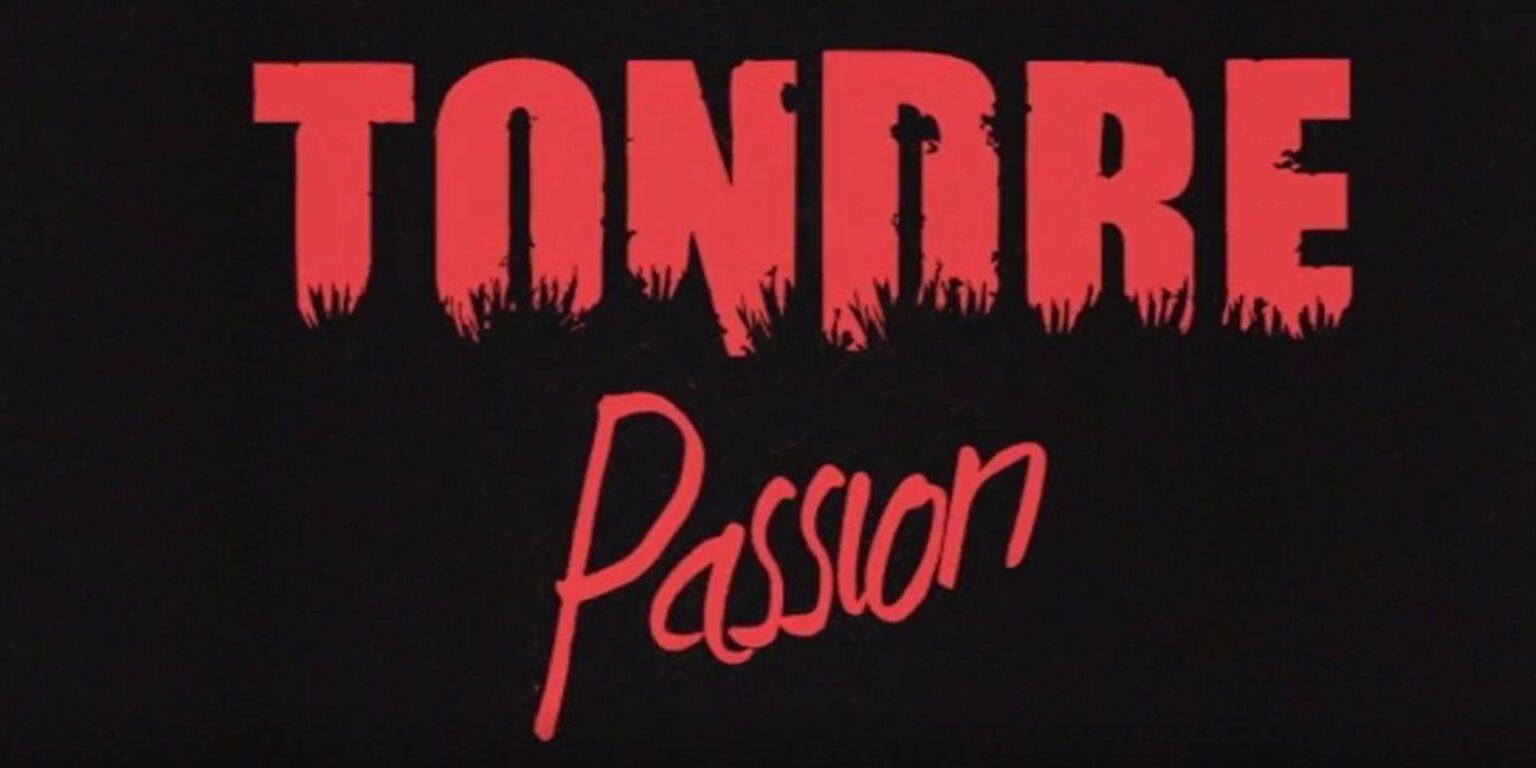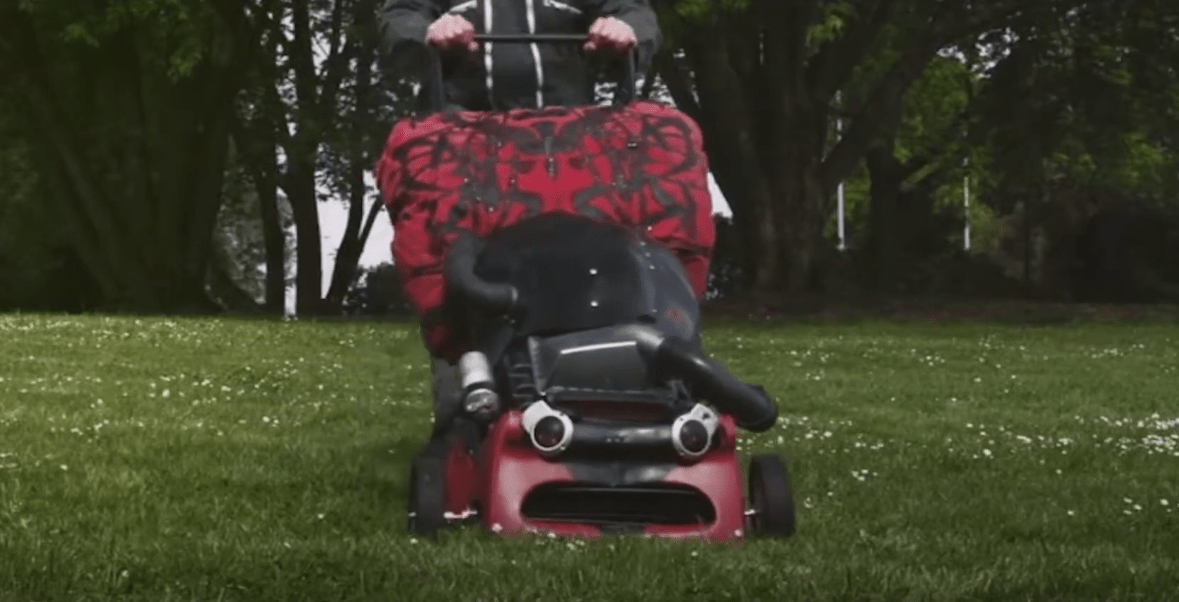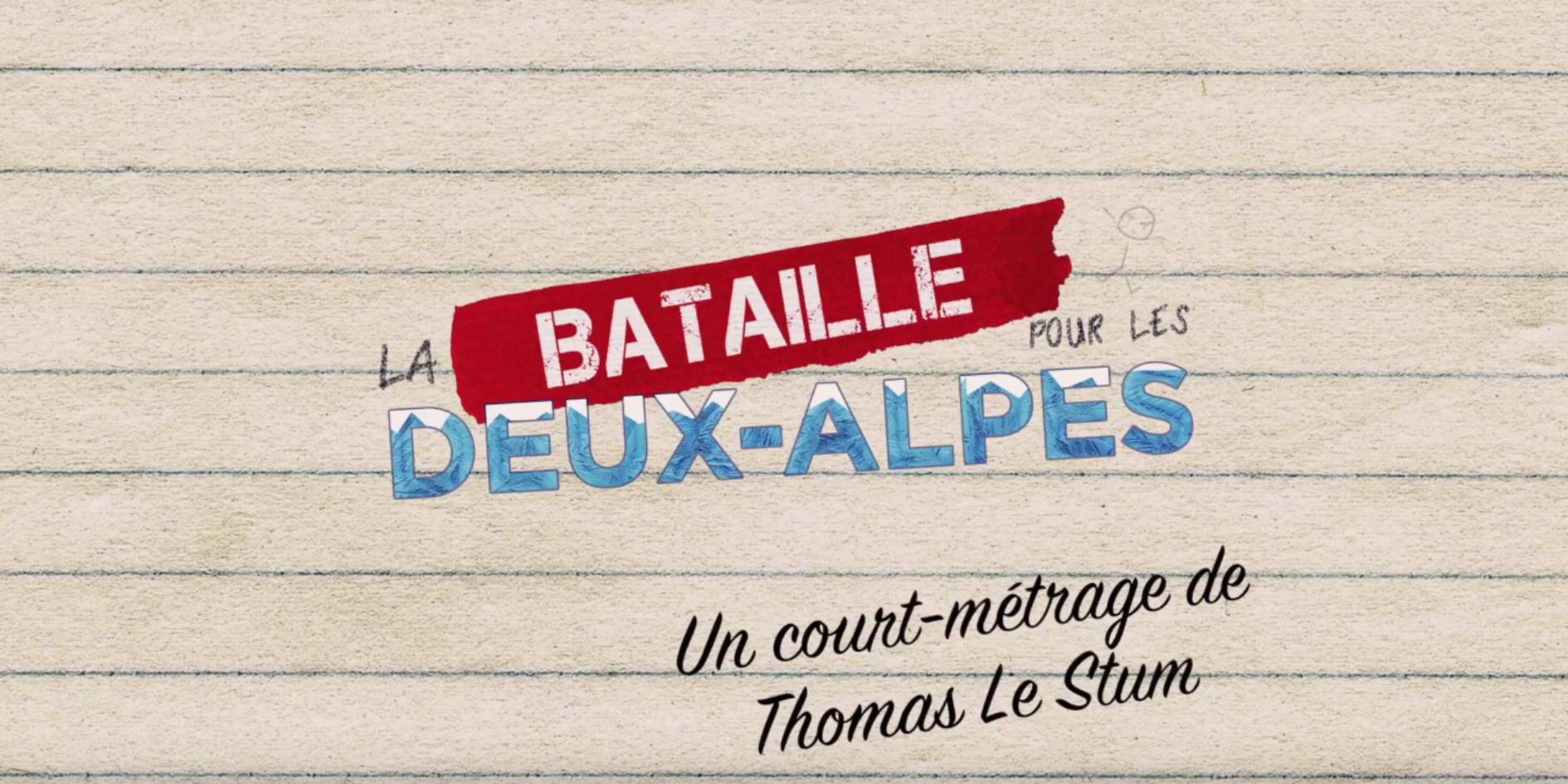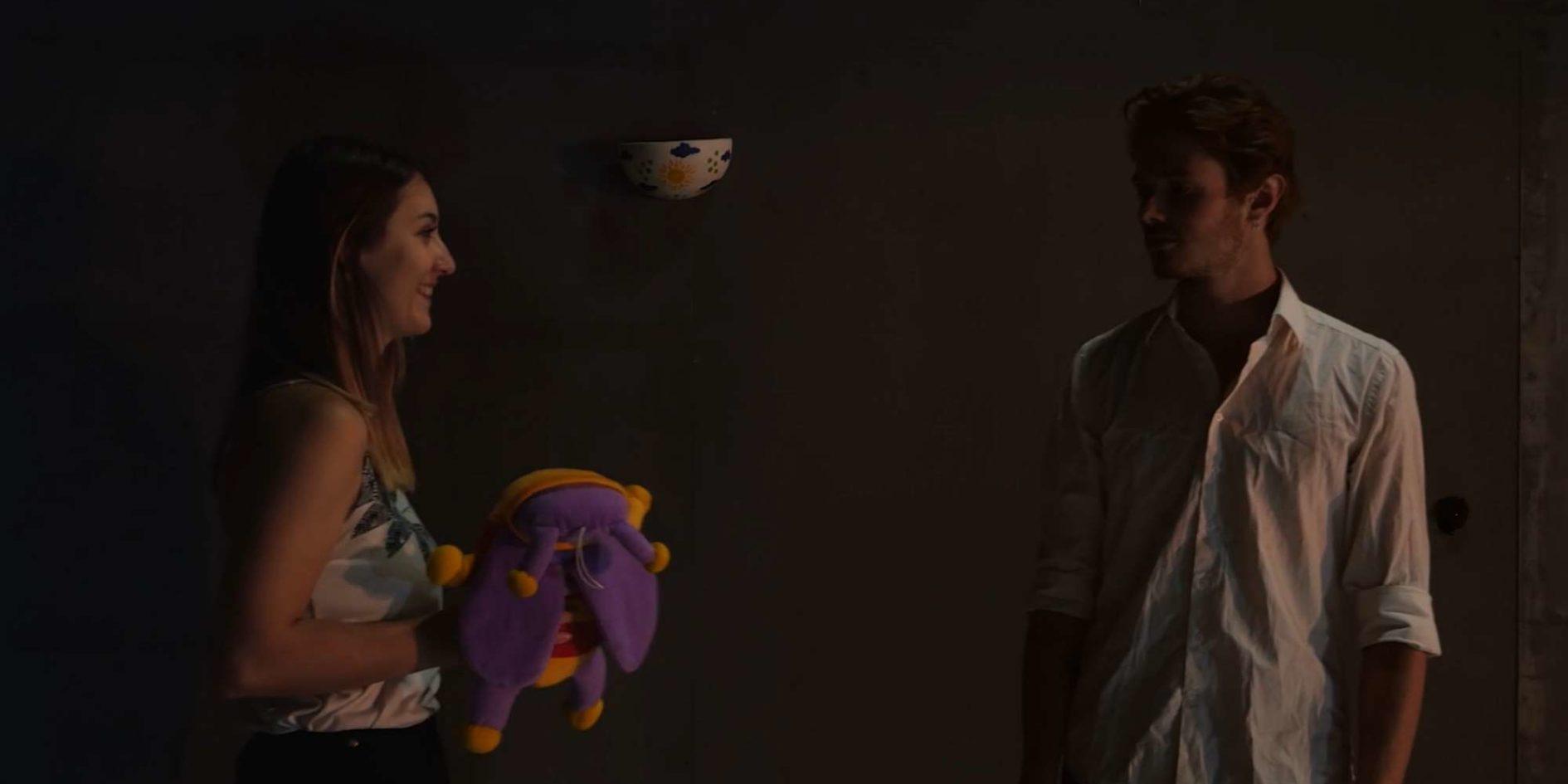Tondre Passion

- thème Award Winning, Fiction
- formation 4th year
- année Promotion 2015
- durée 8:41 min

Synopsis
Betty is a lawnmower mistreated by a public park attendant, who is madly in love with her and uses her to kill visitors who mess up the park. But while Betty becomes friends with a little girl, the attendant decides to make his dream come true: to clean the park of all its visitors, in order to reign there as the master with Betty, and to live his love there forever.
Interview with Robin Larquier-Laplace, director of the film, and former student of CinéCréatis. He tells us more about “Tondre passion”!
Hello Robin Larquier-Laplace. You are, with Fabien Girard, the co-director of the film “Tondre Passion”. How did you get the idea for this script?
“Tondre Passion” tells the story of Betty, a lawn mower mistreated by a park attendant who is madly in love with her, and whom he uses to kill visitors who mess up the park.
It was Fabien Girard who had the original idea for the film, which was originally intended to be a pure “slasher”*. When Corentin Rémond and I joined the project, we finally made it evolve into a horror comedy, mixing several trends of exploitation horror film (slasher, therefore, but also gore film, fantasy, as well as surrealist elements…).
The idea was really to pay tribute to the horrific exploitation films that rocked our childhood and teenage years.
Did the story also evolve over the course of your collaboration?
Indeed, at the beginning the story was centered on the killer’s character. But during the writing sessions, the idea of making the lawnmower the main character of our short film came to us!
This allowed us to introduce the notion of fantasy, which is missing from most slashers, but also to give our story a singular touch.
In ” Tondre Passion “, the weapon, which is generally described as a male sexual attribute, takes the form of a female character, the lawnmower. This analogy has been the pretext for a multitude of patterns and metaphors evoking the feminine condition, from which the lawnmower will try to emancipate herself.
Introducing such themes in echo with reality (the situation of abused women) allows the film to become more organic and more visceral, without losing its lightness and humor.
Where did you get your inspiration, for the world depicted in “Tondre Passion”, and the story itself ?
“Tondre Passion”, beyond a pastiche mixing several trends of horror film, is a film that is part of a real approach of heritage and appropriation of the codes of marginal films of exploitation.
Wrapped in a visual style known as “grindhouse”, the film also echoes classics of the genre, such as Peter Jackson’s Braindead, or John Carpenter’s Christine (adapted from Stephen King’s novel), and shares with the latter the anthropomorphisation and misappropriation of an everyday object that is apparently harmless.
The soundtrack of “Tondre Passion”, which I composed, is mainly inspired by those of John Carpenter (composer on most of his films), and John Harrisson (Day of the Dead, 1985).
What were the shooting conditions?
The shooting lasted a week and took place at the Parc du Grand Blottereau in Nantes.
It was quite difficult, because we mostly had rain for a shooting that was 80% outdoor and in natural light. But thanks to the courage of the technical team, we managed to complete a technically ambitious film, which required multiple visual effects (plastic gore effects, VFX…).
What lessons did you learn from this film experience?
What has become clear and tangible for us, is that the success of a film depends not on a few individuals, but on the courage of the technical team and the whole group.
In theory, this may seem obvious, since cinema is a collective art, but applying it in practice helps to put the finger on it. It is, moreover, an aspect that can be difficult to manage when you first experience the reality of a film shoot.
How was your film received by your audience?
“Tondre Passion” was awarded the prize for best direction by the CinéCréatis jury (2015), which recognized its singular plastic choices in line with its artistic and thematic intentions.
The film was then screened in several festivals, including Retour à l’Anormal 2015 (La Rochelle), Courts dans la vallée 2015 (Prémian), the International Special Effects Festival 2016 Effets Stars (Montpellier), Court Roulette 2017 (Rennes), and received a special mention from the jury at the Horrorvision Trash Film Festival 2015 in Barcelona (before being shown again at Horrorvision Panama in 2016).
It was also broadcast by the OPCAL in Mayenne in 2016, and several times by the association Court en Bar in Nantes and its surroundings since 2015. During the screenings in theaters, the public received the film very well: they laughed, screamed in disgust (sometimes they did both at the same time), and were totally in tune with the character of the lawnmower: it was a real pleasure for us!
This film is the culmination of 3 years of study at CinéCréatis. What has marked you the most during your time at the school?
CinéCréatis taught me, thanks to the common core curriculum, how to apprehend a wide range of film professions, before allowing me to specialize later.
I like the idea that directing is not the prerogative of a single profession, that everyone can aspire to make a film, whatever their favorite position in the film industry.
This inspired me, to the extent that to work within a film crew, and even more when it comes to directing one, it is essential to know how to talk to all its members, and therefore to know the problems that each one encounters in his / her specialty.
In my opinion, this is an indispensable condition for the respect of the other, and therefore for the success of the film.
* Film featuring a psychopathic killer, chasing young people.
Les autres réalisations de nos étudiants

La Bataille pour les Deux-Alpes
4th year • Promotion 2018

Brisés
• Promotion 2022

BellaDonna
2nd year • Promotion 2022